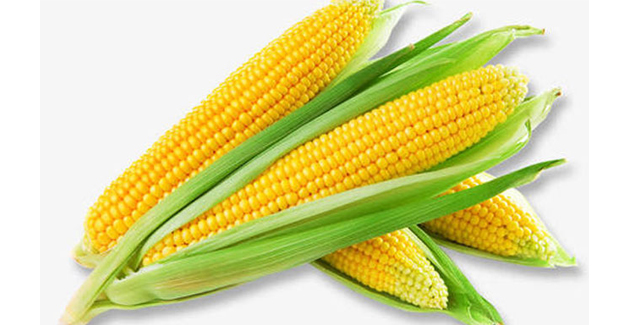Resistant Dextrin(Soluble Corn Fiber)

ఉత్పత్తి వివరణ
What is soluble corn fiber? Non-GMO natural corn starch, also called resistant dextrin, under acidity conditions and heating decomposition can get low molecular weight soluble glucan. does tapioca have fiber? The answer is yes. It is a type of soluble dietary fiber, which shows as a kind of white or light yellow powder. As a type of non-gmo resistant dextrin fiber, tapioca-resistant starch can lower blood sugar and regulate blood lipids, contributing to intestinal health and weight control. Because of the improvement in processing, more and more people choose to buy soluble corn fiber for their life or in factories. Where to buy soluble corn fiber? Contact us now!
Soluble Corn Dextrin Fiber Benefits
The water-absorbing and swelling properties of soluble corn fiber are beneficial to promote the peristalsis of the gastrointestinal tract, prevent constipation, and reduce and prevent gastrointestinal diseases. Not only can the soluble corn fiber effectively inhibit the absorption of cholesterol but it can also slow down and even reduce the absorption of harmful substances such as heavy metal so as to further prevent the harmful effects of harmful chemicals from happening. Moreover, the non gmo soluble corn fiber can also improve intestinal flora and maintain the microecological balance in the body. This low-calorie sweetener is also beneficial to the synthesis of certain nutrients. It is normally considered as conducive to the treatment and rehabilitation of diabetes.
Soluble Corn Dextrin Fiber Nutrition Facts
Research led by researchers from the Department of Nutritional Sciences at the University of Toronto in Canada has shown that foods and beverages containing soluble corn fiber or resistant starch can lead to lower blood sugar and insulin responses. A lower response can help prevent sugar from rising and falling like a roller coaster, thereby improving weight control, maintaining energy and controlling hunger, which is especially beneficial for patients struggling with diabetes.
Dr. Cyril WC Kendall, an associate researcher at the University of Toronto in Canada, said, “The modern Western diet is typically low-fiber, low-nutrient, and high-calorie. Soluble fiber is a low-calorie ingredient that can help you gain weight and disease by controlling the peak blood sugar and insulin levels after meals. control."
The results of this study were published in the Journal of the American College of Nutrition in December 2008.
Does corn soluble fiber Raise Blood Sugar?
Scientific research has found that soluble corn fiber has the best effect in controlling the sharp rise in blood sugar after a meal and improving glucose tolerance. Corn fiber can delay the absorption of glucose, delay the digestion of digestible carbohydrates such as starch, and avoid a sharp rise in blood sugar after a meal. This soluble fiber is more sensitive to insulin. Soluble corn fiber syrup can also directly affect the function of islet a-cells and improve insulin in the blood. It has a regulating effect and improves the degree of human sugar tolerance, which is conducive to the treatment and rehabilitation of diabetes. Studies have shown that a diet with sufficient dietary fiber content has special effects in preventing or treating diabetes.
Soluble Corn Fiber Calories
Although soluble dietary fiber cannot be absorbed by the body, it will be fermented by bacteria in the colon to produce short-chain fatty acids, which are used by the body.
However, soluble dietary fiber generally produces very few calories. Eating a little more will not gain weight. On the contrary, it can speed up gastrointestinal motility, treat constipation, prolong satiety, lower cholesterol, and triglycerides, lower blood sugar, control weight, etc.
For more information about types of dietary fibres, please feel free to contact us!

